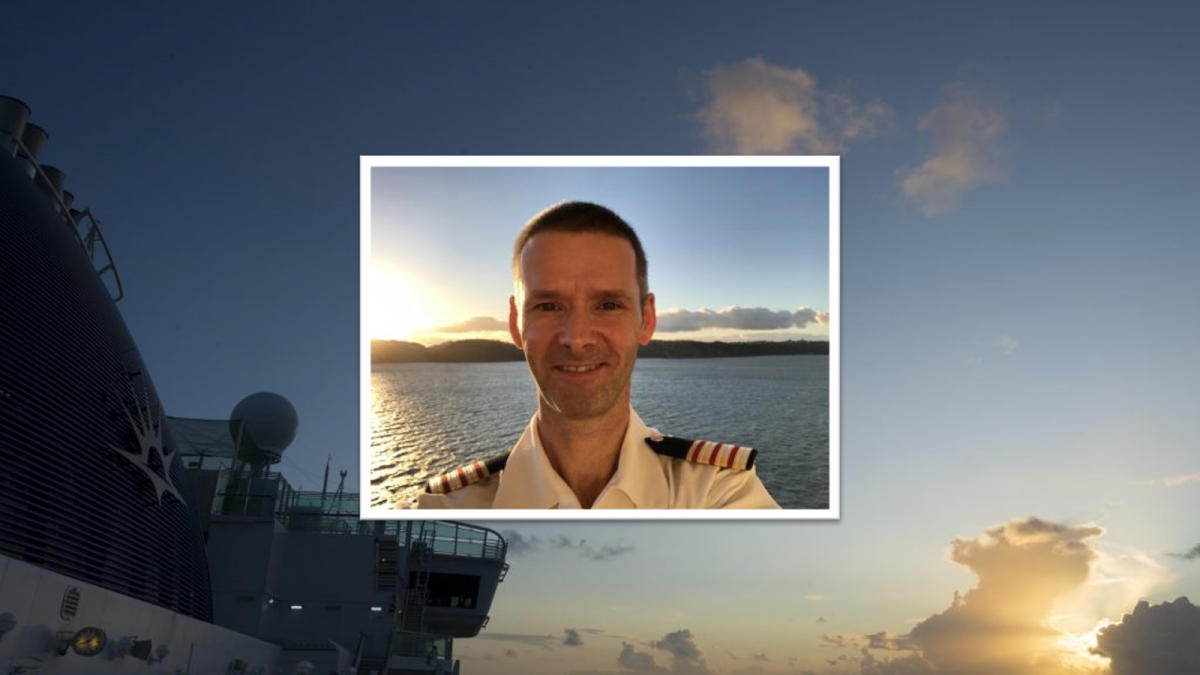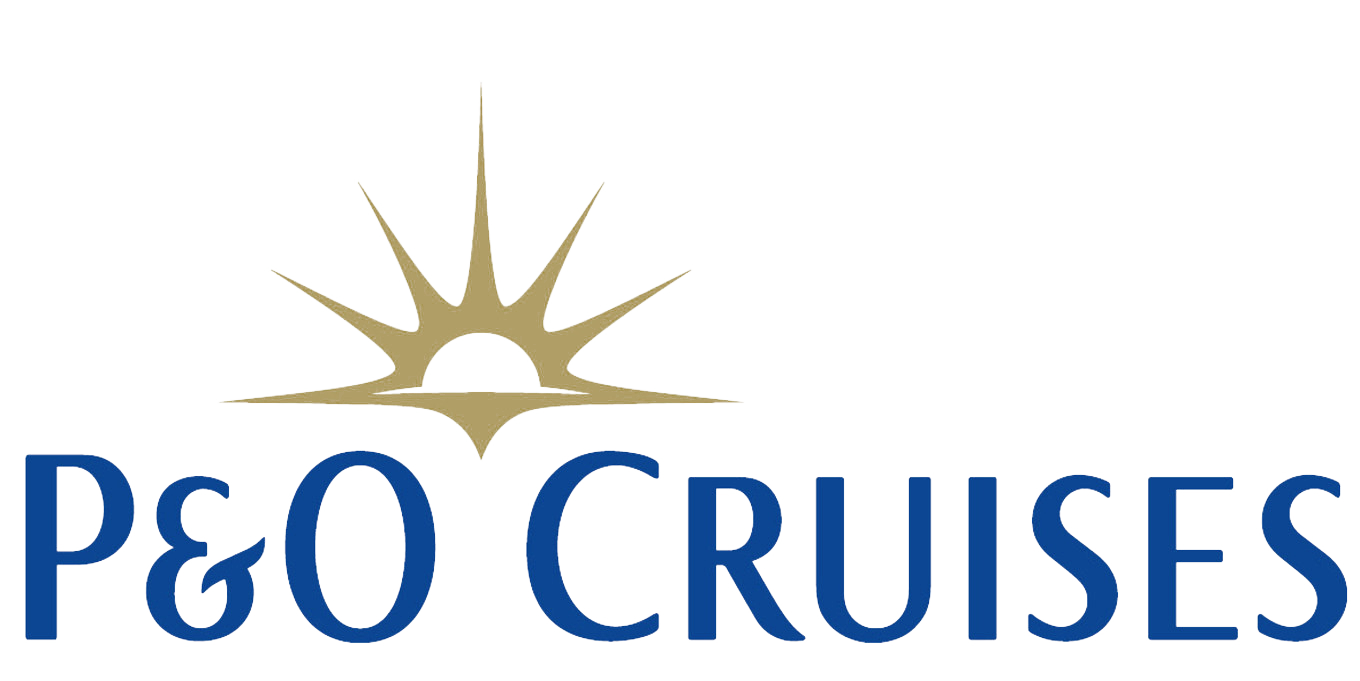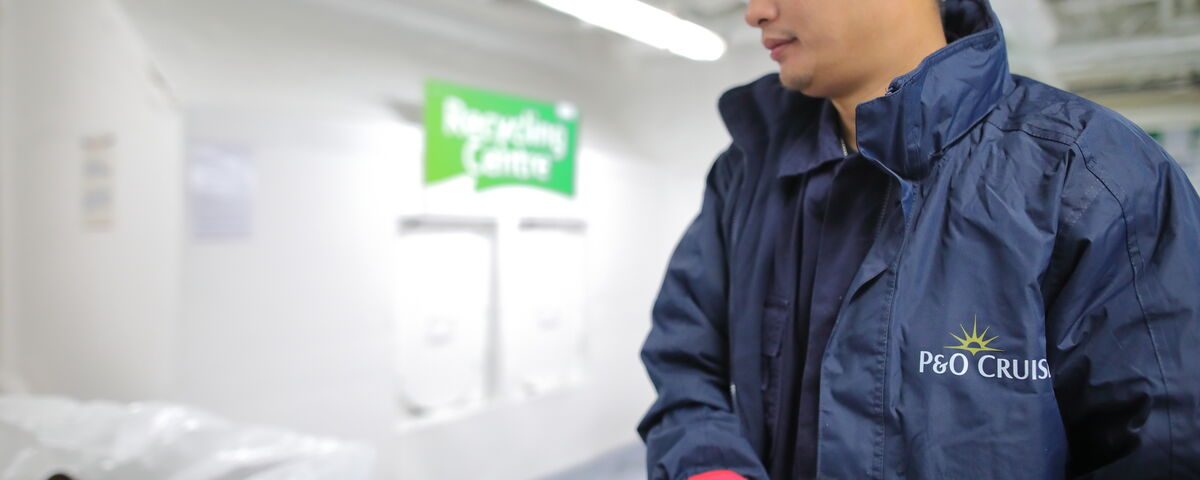Becoming a cruise ship Doctor

Dr Gerry McCabe joined Carnival UK from a General Practice (GP) background. We asked him some questions about his experience moving over from GP to cruise ship Doctor.
What initially attracted you to work for Carnival UK as a Doctor? And what’s made you stay and progress your career?
After over 20 years of working in the NHS, mostly in General Practice, I needed a change. I found out about Carnival UK by attending a BMJ careers fair in London, and it was a lightbulb moment. I was attracted to the variety of work involved ranging from Primary Care to Intensive Care, as well as to the adventure of living and working at sea. I followed this up by attending an open day in Southampton where It was great to meet the Medical Team on board and see around the Medical Centre and the rest of the ship. I knew this life was for me.
Working with Carnival UK has exceeded my expectations. Each Medical Team I have worked with has been fantastic – both professionally and when off duty. The job has been a steep learning curve and challenging, and the training and support has been great. After a year at sea working as Doctor, I was asked to step up to a Senior Doctor post which brought me a fresh range of challenges, and I’ve loved it. Beyond the Medical Team, I have really enjoyed working with the rest of the officers and crew on board. A typical ship’s crew will have people from about 70 nationalities working on board.
What are the range of conditions you see and treat on board?
We manage Primary Care, alongside trauma, and minor stresses and strains, cuts, bruises and burns. We’re able to use and develop skills in areas we might not have had the chance to ashore such as x-ray. being trained to perform these ourselves.
What has been your highlight during your time onboard?
My medical highlight has been looking after a large number of Japanese guests during a world cruise. Preparing to enter Japanese waters involved some training in basic Japanese etiquette and learning a few key words though we had a team of translators on board to support with the 1,000 Japanese guests. As patients they were gracious at all times and a pleasure to care for. I even had the privilege of looking after an elderly man who was a survivor of the 1945 Hiroshima nuclear bomb.
More specifically, looking after my first case of diabetic ketoacidosis was very rewarding – I was certainly seeing the other side of the condition after 15 years of running my own diabetic clinic as a GP.
What has been your favourite destination that you have visited?
Without doubt it was Hiroshima where I visited the sacred Island of Itsukushima, known locally as Miyajima. The Itsukushima shrine is a UNESCO World Heritage Site. There were very tame deer walking around so you have to protect any food you are carrying as they are prone to snatching it out of your hands. The island was a serene, beautiful and memorable place to visit.
Having said that I could mention Mauritius, Port Elizabeth, Hong Kong, Venice, Stavanger, Barcelona, Lisbon, Hamburg or Antigua. Despite work commitments on board, were able to take in a few sights, have a shoreside scenic lunch or catch a few rays on an exotic beach. While you can’t do this every day, what other job allows you to do this during your week?week?
Any advice for anyone considering joining?
Working in maritime medicine requires broad medical experience including Primary Care, Emergency Care and Anaesthetics. It is worth asking the Carnival UK Careers Team to provide you with a check-list of the skills that are you’re expected to have.
To anyone even vaguely interested I would recommend getting in touch with Carnival UK and arrange to attend one of our Introduction to Cruise Ship Medicine events. They are held online every 6 weeks. It’s a great way to get a better feel for the job and to speak to the medical team to get a first hand account of the job and life at sea.
If you would like to become part of the Medical Team, register your interest to become a Ship Doctor or Nursing Officer today.





